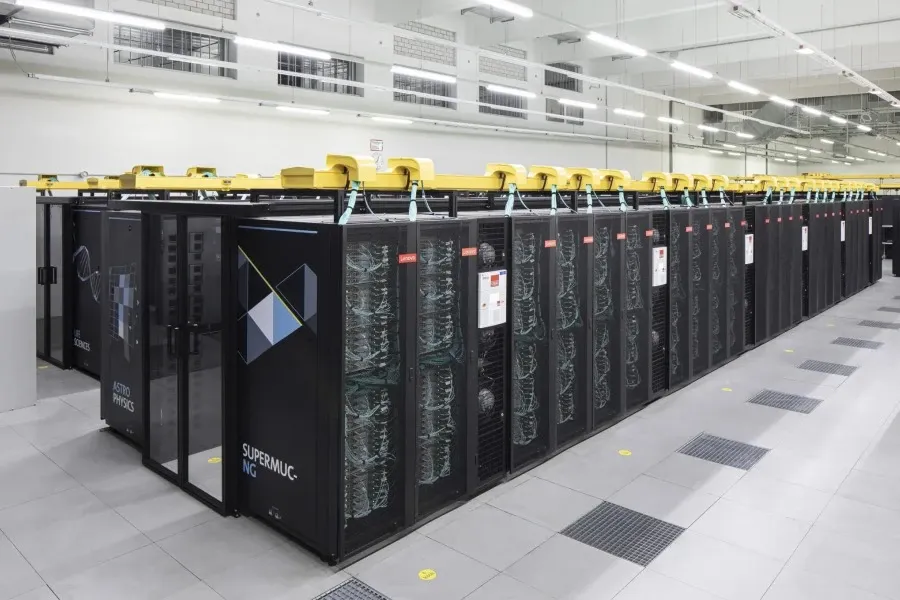Qualcomm Announces Snapdragon 8 Gen 5 Platform
Qualcomm added its latest smartphone platform to its premium-tier Snapdragon range.

Lenovo announced it is working with the Leibniz Supercomputing Centre (LRZ) to build Europe’s first High-Performance Computer (HPC) prototype as part of an innovation partnership. Lenovo will be one of two companies selected to provide one or more prototypes for the exascale-ready system planned for the middle of this decade at the LRZ.
These are to be optimized for the needs of LRZ users from many different fields in science. Only after completion of these research and development activities and the subsequent evaluation will it become clear which of the two participating technology companies will build and maintain the next exascale generation supercomputer.
The planned supercomputer in Garching will be the first European HPC system built within the framework of an innovation partnership. This procurement procedure has been possible in Germany since 2016. Through the joint development of the hardware and software with a technology partner, the needs of the LRZ are to be addressed even more specifically than in the classic tendering procedure. The new computer will then be designed.
The supercomputer is funded by the Federal Ministry of Education and Research (BMBF) and the State of Bavaria, which are contributing 125 million euros in equal parts as part of federal and state funding. Together with the High-Performance Computing Centre in Stuttgart (HLRS) and the Juelich Supercomputing Centre (JSC), the Leibniz Supercomputing Centre forms the Gauss Centre for Supercomputing (GCS). All three locations are to be expanded into exascale centers over the next few years.
Within the framework of the innovation partnership, information technology will be further developed by building various prototypes and testing them for their application scenarios in the various research areas. The prototypes will be designed in such a way that they clearly show how the innovative technologies evaluated there will lead to an optimally balanced exascale-ready system (codenamed ExaMUC) in terms of computing power, communication performance, topology, and I/O.
The prototype systems and their software components are being developed in close collaboration with the LRZ. Through this collaboration with both Lenovo and the competitor, the Leibniz Supercomputing Centre has the opportunity to evaluate the latest technologies at an early stage and to test the extent to which existing scientific applications and algorithms work on them. The framework conditions of the partnership are strictly regulated, so that no technical data may be published during the tender. The decision on who will receive the contract for the new exascale-ready supercomputer is expected to be made at the end of 2023.
If Lenovo is successful, the Exascale system will be delivered from their first European in-house manufacturing factory in Ãœllö near Budapest, Hungary, which officially opened in June 2022. Server infrastructure, storage systems, and high-end workstations for the European market are manufactured there.